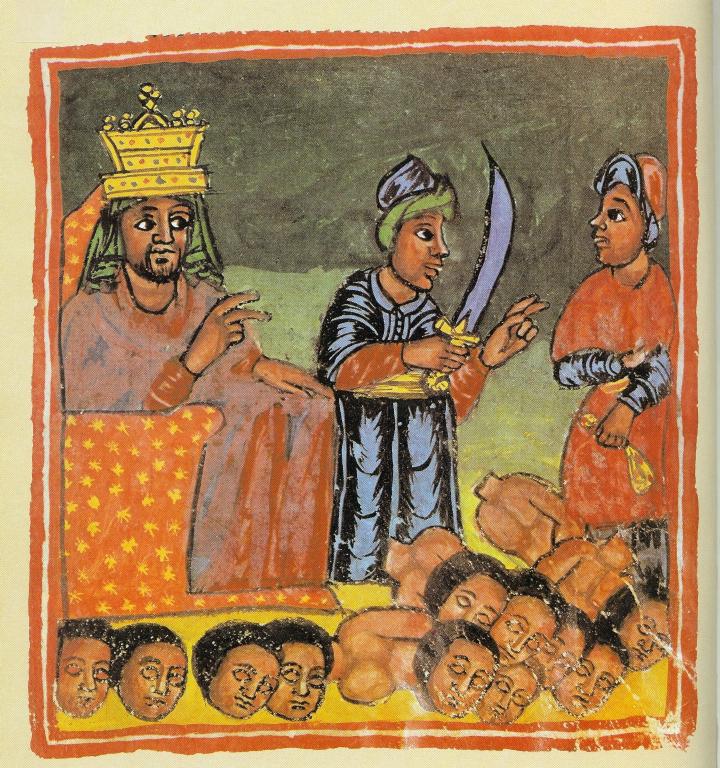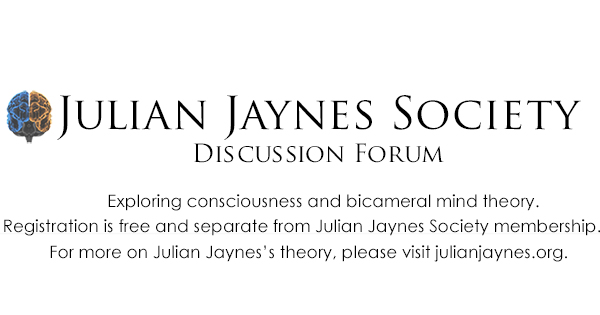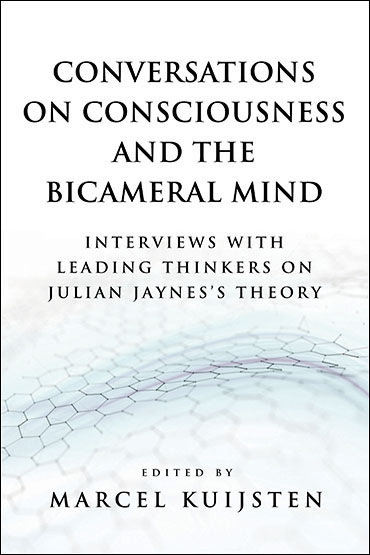While he seems to have been influenced by far-right conspiracy theories such as QAnon, some of his beliefs seem to be flat-out delusional even by the standards of those movements. For instance, Mohn claimed to be the leader of “Mohn’s Militia”, which he described as a large paramilitary force that supported him as the rightful ruler of the USA. He also claimed that “millions” of people believed he was the second Messiah, and that for this reason, both political parties were conspiring to keep him from becoming president. Mohn expressed these views in self-published songs, poems (including in one book called Poems I Wrote While Stoned), and several novels (which starred thinly fictionalized versions of himself).
Mohn, in other words, seems to have a lot of psychotic or schizophrenic qualities. This might be drug-related, as Mohn was reportedly a heavy cannabis user and that can have psychosis as a rare side effect. At the same time, the police have described Mohn as someone with a “clear mind” who knew what he was doing. This was borne out by the video; people who watched it said he seemed unusually calm and “in control” as he was holding up his father’s head, whereas most people wouldn’t be able to bear such a gory sight.
Julian Jaynes considered schizophrenia to be a vestige of the bicameral mind, but in most cases, people with this condition feel helpless and at the mercy of the voices in their head. Mohn, on the other hand, seems to have been the exact opposite. He was hallucinating a vast army of followers who were supposedly loyal to him! He may have been out of touch with reality, but he was definitely in control of his own actions.
To put it in Jaynesian terms, it seems like Mohn could represent an inverted case of schizophrenia. Mohn identified his sense of self with the “god half” of his brain, not the “man half” as would ordinarily be the case. As a result, instead of hearing the voices of “gods”, Mohn seems to have hallucinated that he himself was a godlike figure with others being under his control.
During the bicameral era, there may have been a similar dichotomy where extremely powerful people (such as pharaohs, emperors, and the like) might have had different types of hallucinations from those who occupied lower positions in society. They might have been more likely to hear voices that presented themselves as subordinate, rather than authoritative, since this would have matched their own experience of always being in charge of everyone else. It would fit with the ancient pagan beliefs that kings were divine, or that the ruler could even command gods around in some cases. And, like Justin Mohn, this would have led to such persons being oddly calm and “in control” of their actions, even when engaging in extreme violence. (In today’s terms, this would be considered sociopathic or “dark triad” behavior; certainly Mohn could be described as such).
Although this image is from 19th century Ethiopia, it is in a style that dates back much further, and it fits this topic well: both the emperor and the executioner seem strangely emotionless despite their actions.



